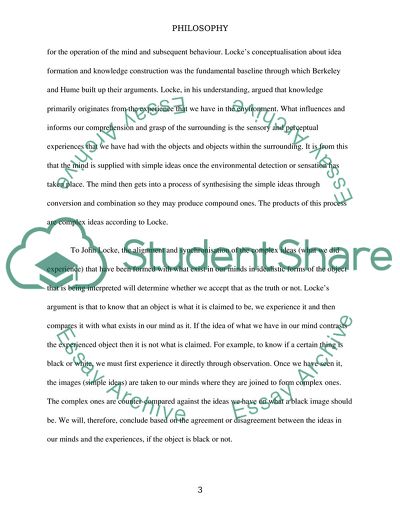Cite this document
(Humes Copy Principle Essay Example | Topics and Well Written Essays - 1750 words, n.d.)
Humes Copy Principle Essay Example | Topics and Well Written Essays - 1750 words. https://studentshare.org/philosophy/1861905-what-arguments-does-hume-give-in-support-of-the-copy-principle-are-they-adequate-either-individually-or-in-combination
Humes Copy Principle Essay Example | Topics and Well Written Essays - 1750 words. https://studentshare.org/philosophy/1861905-what-arguments-does-hume-give-in-support-of-the-copy-principle-are-they-adequate-either-individually-or-in-combination
(Humes Copy Principle Essay Example | Topics and Well Written Essays - 1750 Words)
Humes Copy Principle Essay Example | Topics and Well Written Essays - 1750 Words. https://studentshare.org/philosophy/1861905-what-arguments-does-hume-give-in-support-of-the-copy-principle-are-they-adequate-either-individually-or-in-combination.
Humes Copy Principle Essay Example | Topics and Well Written Essays - 1750 Words. https://studentshare.org/philosophy/1861905-what-arguments-does-hume-give-in-support-of-the-copy-principle-are-they-adequate-either-individually-or-in-combination.
“Humes Copy Principle Essay Example | Topics and Well Written Essays - 1750 Words”. https://studentshare.org/philosophy/1861905-what-arguments-does-hume-give-in-support-of-the-copy-principle-are-they-adequate-either-individually-or-in-combination.


